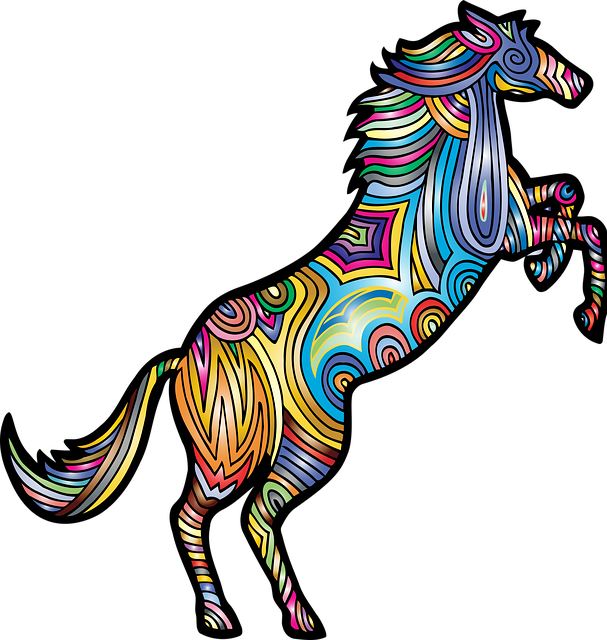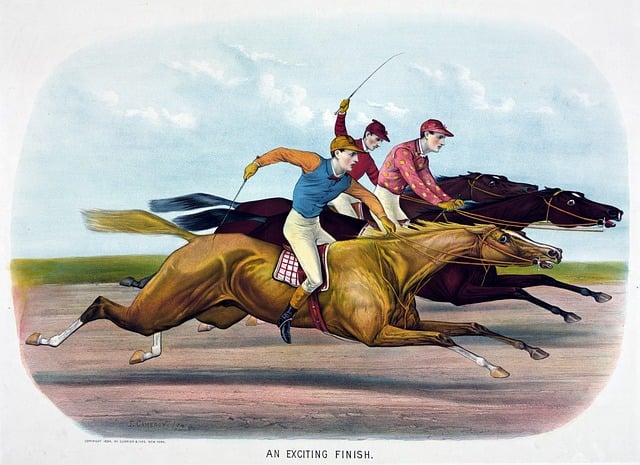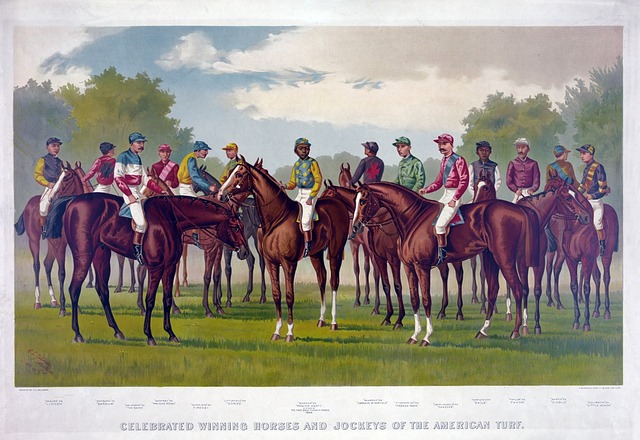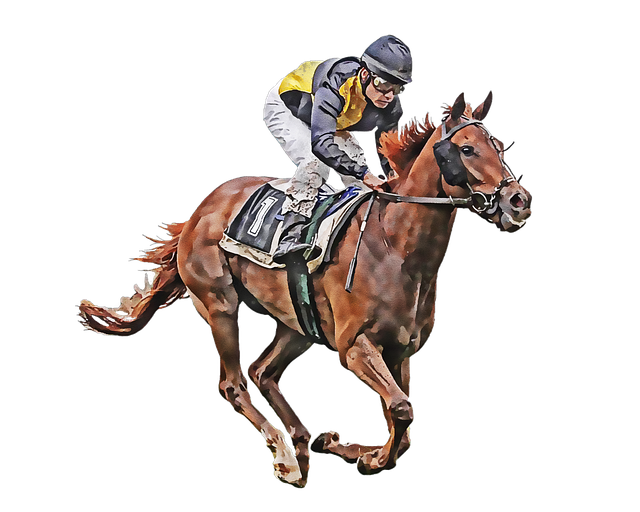Outsider (Biggest Priced) Aintree Grand National Winners
 Every year since 1839 someone has bet on a big priced winner of the Aintree Grand National. Within the next 20 or so years it’s the 200th renewal of the most famous steeple chase in the world’… and some poor soul will be waiting for that ever elusive win!
Every year since 1839 someone has bet on a big priced winner of the Aintree Grand National. Within the next 20 or so years it’s the 200th renewal of the most famous steeple chase in the world’… and some poor soul will be waiting for that ever elusive win!
A horse named Lottery won the first Grand National in 1839, and sometimes it’s easy to view the National itself in that light (a lottery!). This nine-year-old gelding carried 12 stone, ridden by Jem Mason, trained by George Dockeray in the ownership of John Elmore. He won in a time of 14m 53s (the slowest time of any National winner). He won at odds of 9/1.
For context, 17 horses took part. 10 finished, including 6/1f The Nun (7th). Captain Martin Becher rode Conrad who fell at the First Brook, remounted; and fell at the Second Brook. He had inspired William Lynn to stage the Grand Liverpool Chase. Becher, who had won all the big races at the time, unfortunately won the race in 1836 on The Duke, but this race was considered a precursor to the Grand National so he didn’t get credited with an ‘official’ National win. Becher never rode in the race again after Conrad catapulted him into the Brook twice. However, the fence was named in his memory: Becher’s Brook.
He cursed saying: ‘I didn’t realise how filthy water tasted without the benefit of whisky!’
The shortest priced winner of the Aintree Grand National was seen in 1919 when Poethlyn won at odds of 11/4f.
However, for many punters the enjoyment of betting in this challenging race is the hope of betting on an outsider, a big priced winner.
But what is the biggest priced winner of the Aintree Grand National?
In fact, 5 outsiders have won this race at odds of 100/1.
If you had bet £50, you would have won £5,000. Just think about winning that much money. Let’s take a look at those winners:
1928 – Tipperary Time (100/1)
This 10-year-old gelding, ridden by Mr Bill Dutton, trained by Joseph Dodd for owner Harold Kenyon. By all accounts, no one, not even the horse’s owner, gave it a chance. A rank outsider. In fact, one of the jockeys said to Dutton: ‘Billy boy, you’ll only win if all the others fall!’
That’s exactly what happened.
All 41 horses fell. A pile up at the Canal Turn saw just seven horses and jockeys continue. Thereafter, one by one the horses fell, saddles slipped or pulled up. Tipperary Tim, who had been out the back, keeping out of trouble, won at odds of 100/1. Only two horses completed the course (Billy Barton). This set the record for the fewest finishers of the Aintree Grand National.
1929 – Gregalach (100/1)
Amazingly, the following year saw another 100/1 winner. The outsiders were really having it their way.
This time Gregalach, a seven-year-old gelding, trained by Tom Leader, ridden by Robert W H Everett, in the ownership of Margaret Gemmell prevailed. This race saw the largest field of any National with 66 horses taking part of which only 9 completed the course. Gregalach beat the favourite, Easter Hero, by six lengths, while Richmond II finished third. The race was criticised for the number of runners which saw the top weight carrying some 35lbs more than those lower in the handicap. This was one of the earliest races to be featured on Pathe News (Newsreel footage). Sadly, Stort was fatally injured.
1947 – The Caughoo (100/1)
The 101st renewal of the Aintree Grand National, which took place on the 29th March. This time 57 horses took part, and all returned safely to their stables. The Irish-bred gelding, trained by Herbert McDowell in the ownership of John J. McDowell had cost just £50. Heavy going may have helped the 100/1 shot who won by twenty lengths under jockey Eddie Dempsey. Top weight, and Gold Cup winner, Prince Regent finished fourth carrying 12:7, 35lb more than the winner (10st). Placed horses Lough Conn (IRE) and Kami (FR) were both priced 33/1.
1967 – Foinavon (100/1)
One of the most memorable Nationals. Very much in the vein of Tipperary Tim’s success, a race which saw a melee at the 23rd fence. Known as the most dramatic events in the history of the Grand National. Popham Down running loose veered dramatically to his right at the 23rd fence where a pile-up ensued. A number of horses fell, others running up and down the fence to a point where the race almost come to a halt. Foinavon was so far behind his jockey, John Buckingham, was able to steer clear and jump the fence. Foinavon won by fifteen lengths. Amazing it paid 444/1 on the Tote. In 1984 the 23rd fence, the smallest on the course, was named Foinavon.
2009 – Mon Mome (100/1)
The most recent winner, trained by Venetia Williams. The nine-year-old gelding ran out an easy winner by twelve lengths under Liam Tredwell, in the ownership of Vida Bingham. The first French-bred horse to win in over 100 years.
How To Back A Big Priced Grand National Winner
In over 175 years of the Aintree Grand National there have been just 5 horses winning at odds of 100/1. There have been over 7000 horses take part in this most famous of steeple chases. No doubt luck has played its part in finding a big priced winner. Certainly, Tipperary Tim and Foinavon had their share of luck. As I often say: ‘Most winners are down to ability but often circumstance.’ Also, it is true that extremes of going can make a race much harder to win, especially those horses high in the weights. No matter ability levels, you have to be in it to win it and the welfare of horse and jockey is paramount.
 Did you enjoy the 2025 Cheltenham Festival? Especially the Boodles Cheltenham Gold Cup. Galopin Des Champs was the hot favourite for Willie Mullins, aiming for his third victory in this prestigious race. However, the result didn’t go as punters expected, and the bookies filled their boots as J.P. McManus’s
Did you enjoy the 2025 Cheltenham Festival? Especially the Boodles Cheltenham Gold Cup. Galopin Des Champs was the hot favourite for Willie Mullins, aiming for his third victory in this prestigious race. However, the result didn’t go as punters expected, and the bookies filled their boots as J.P. McManus’s  Owned by Gigginstown House Stud, under the auspices of Michael O’Leary, and trained by Michael ‘Mouse’ Morris in Fethard, Co. Tipperary, Rule The World had the distinction of winning the 2016 Grand National not only as a novice, but also as a maiden over regulation fences. That said, he had won his sole point-to-point start as Affmore as a four-year-old and five times over hurdles, as well as performing with credit in the Baring Bingham Novices’ Hurdle and the Stayers’ Hurdle at consecutive Cheltenham Festivals in 2013 and 2014. He had also finished second in seven of his 13 steeplechases prior to the Grand National, including the Irish Grand National at Fairyhouse.
Owned by Gigginstown House Stud, under the auspices of Michael O’Leary, and trained by Michael ‘Mouse’ Morris in Fethard, Co. Tipperary, Rule The World had the distinction of winning the 2016 Grand National not only as a novice, but also as a maiden over regulation fences. That said, he had won his sole point-to-point start as Affmore as a four-year-old and five times over hurdles, as well as performing with credit in the Baring Bingham Novices’ Hurdle and the Stayers’ Hurdle at consecutive Cheltenham Festivals in 2013 and 2014. He had also finished second in seven of his 13 steeplechases prior to the Grand National, including the Irish Grand National at Fairyhouse. Owned by Belinda McClung and Deborah Thomson – collectively known, for racing purposes, as ‘Two Golf Widows’ – and trained by Lucinda Russell in Arlay, Perth and Kinross, in eastern Scotland, One For Arthur had the distinction of being just the second horse trained north of the border, after Rubstic in 1979, to win the Grand National. Fresh from victory in the Classic Chase, over three miles and five furlongs, at Warwick in January 2017, the eight-year-old was sent off at 14/1 in the National but, in the words of his trainer, “breezed through to win a fantastic race.”
Owned by Belinda McClung and Deborah Thomson – collectively known, for racing purposes, as ‘Two Golf Widows’ – and trained by Lucinda Russell in Arlay, Perth and Kinross, in eastern Scotland, One For Arthur had the distinction of being just the second horse trained north of the border, after Rubstic in 1979, to win the Grand National. Fresh from victory in the Classic Chase, over three miles and five furlongs, at Warwick in January 2017, the eight-year-old was sent off at 14/1 in the National but, in the words of his trainer, “breezed through to win a fantastic race.” It can be argued that the bookmakers took a chance with his starting price but, in 2009, Mon Mome became the latest in a select quintet of horses to win the Grand National at odds of 100/1. Granted that he had been sent off favourite for the Welsh National at Chepstow the previous December, his victory was not perhaps as unlikely, or dramatic, as those of Tipperary Tim (1928), Gregalach (1929), Caughoo (1947) and Foinavon (1967), but his 12-length defeat of defending champion Comply Or Die nevertheless caused a massive shock.
It can be argued that the bookmakers took a chance with his starting price but, in 2009, Mon Mome became the latest in a select quintet of horses to win the Grand National at odds of 100/1. Granted that he had been sent off favourite for the Welsh National at Chepstow the previous December, his victory was not perhaps as unlikely, or dramatic, as those of Tipperary Tim (1928), Gregalach (1929), Caughoo (1947) and Foinavon (1967), but his 12-length defeat of defending champion Comply Or Die nevertheless caused a massive shock.